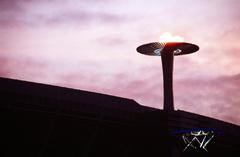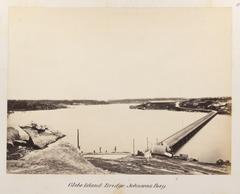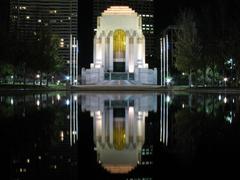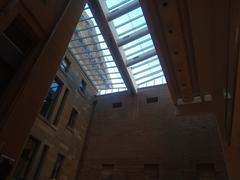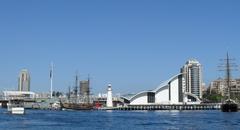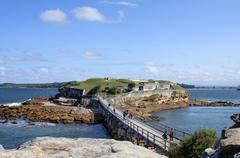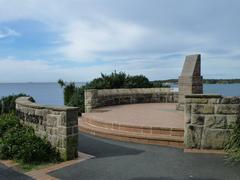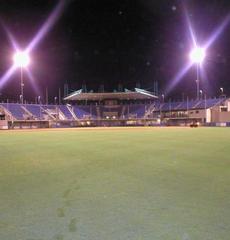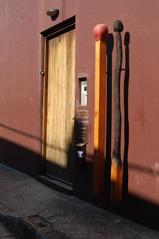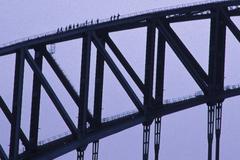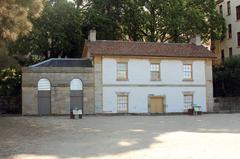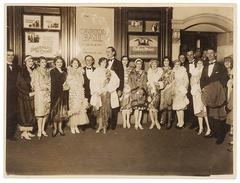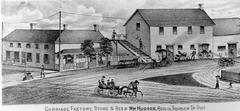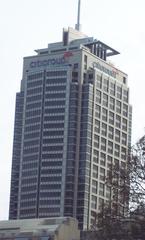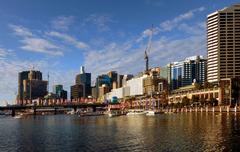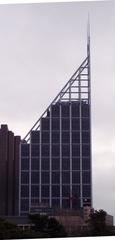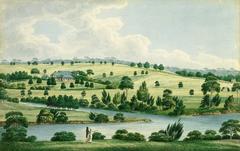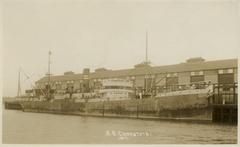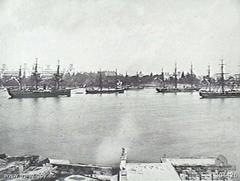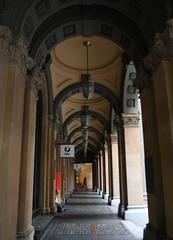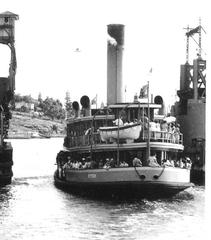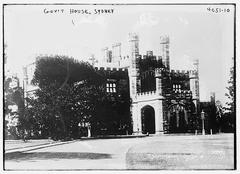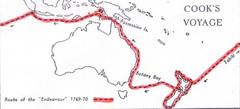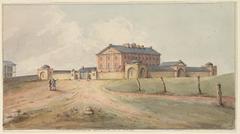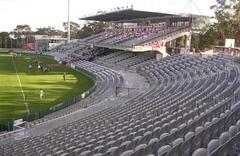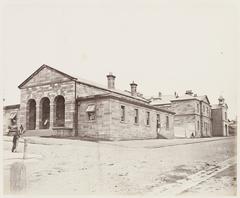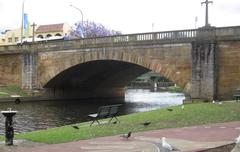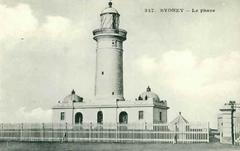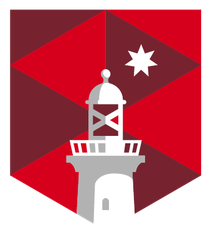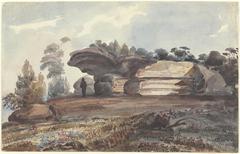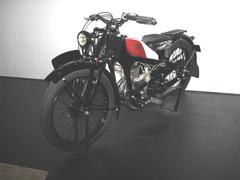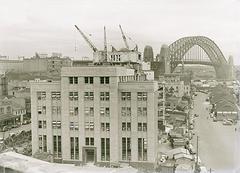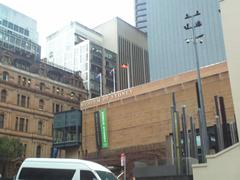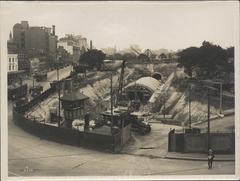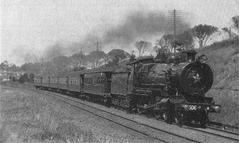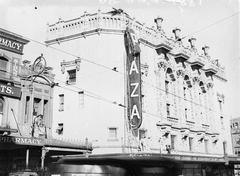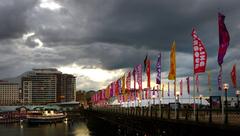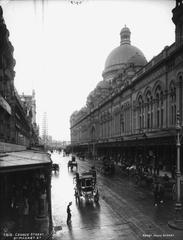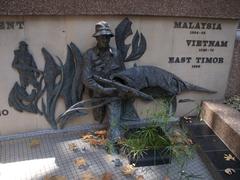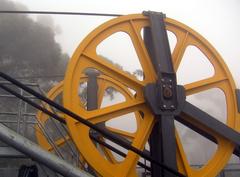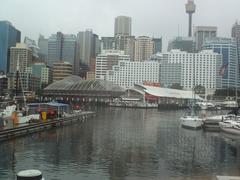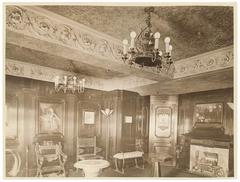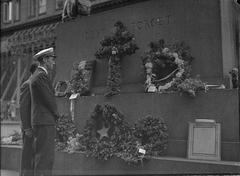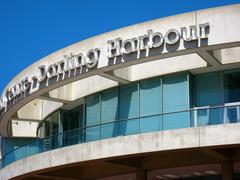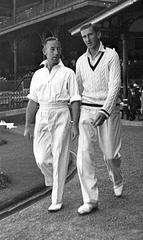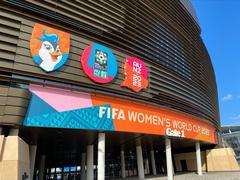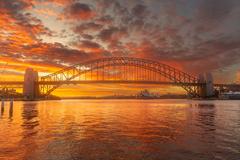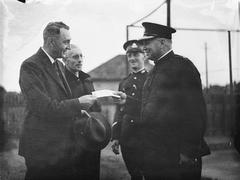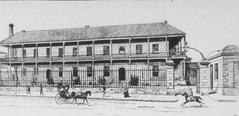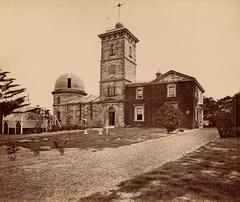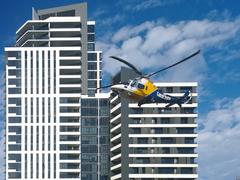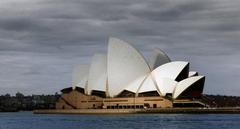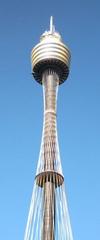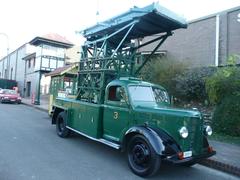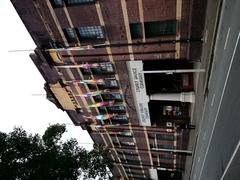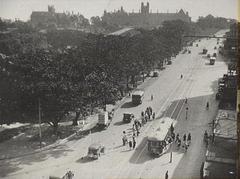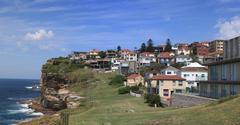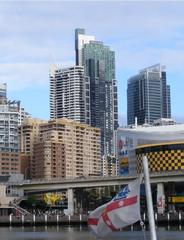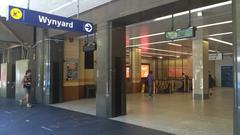Lakemba Mosque: Visiting Hours, Tickets, and Sydney Historical Sites Guide
Date: 04/07/2025
Introduction
Lakemba Mosque, officially known as the Imam Ali bin Abi Taleb Mosque, is Australia’s largest mosque and a central landmark in Sydney’s multicultural landscape. Located in Lakemba, this mosque serves as a spiritual and community hub for Muslims from over 120 ethnic backgrounds and welcomes visitors interested in Sydney historical sites, Islamic architecture, and multicultural community life. Established in the early 1970s by the Lebanese Muslim Association (LMA), the mosque not only reflects decades of migration and community growth but also stands out as Australia’s first solar-powered mosque. This guide provides essential details on Lakemba Mosque visiting hours, ticket information, etiquette, accessibility, nearby attractions, and practical travel tips to help you plan an enriching visit (source 1, source 2).
Contents
- Introduction
- Historical Development
- Architecture and Facilities
- Visiting Hours and Ticket Policy
- Accessibility and Visitor Experience
- Events and Guided Tours
- Etiquette and Dress Code
- Location, Transportation, and Amenities
- Nearby Attractions
- Practical Tips and FAQs
- Conclusion and Further Resources
Historical Development
The origins of Lakemba Mosque date back to the 1960s when the LMA acquired a small house at 71-75 Wangee Road to serve the growing Lebanese Muslim community in Sydney’s western suburbs. By the early 1970s, the community outgrew this initial space, leading to the construction of a purpose-built mosque. The project, funded both locally and internationally—including a significant contribution from the Saudi royal family—was completed in 1977. The opening, attended by then-Prime Minister Gough Whitlam, marked its importance for both the Muslim and broader Australian communities.
Since its inception, the mosque has evolved into a multicultural hub, serving a diverse congregation that includes Pakistani, Bangladeshi, Somali, Southeast Asian communities, and converts to Islam. Over the years, the mosque has undergone renovations to expand its facilities and enhance accessibility, while maintaining its original architectural character.
Architecture and Facilities
Exterior and Interior Design
Lakemba Mosque’s architecture blends traditional Islamic motifs with practical modern design. The whitewashed façade, central dome, and twin minarets provide an iconic silhouette visible throughout the neighborhood. The mosque’s modest courtyard and parking area support large gatherings, especially during Friday prayers and religious festivals.
Inside, the main prayer hall accommodates thousands, with separate areas for men and women. The mosque features a mihrab (prayer niche), minbar (pulpit), and Arabic calligraphy with Qur’anic verses. Geometric patterns and subtle decorative elements create a welcoming yet reverent atmosphere. Additional classrooms and multipurpose rooms support religious education, language instruction, and community activities.
Community and Functional Spaces
Beyond its role as a place of worship, the mosque hosts offices for the LMA, meeting rooms, and social service spaces. As Australia’s first solar-powered mosque, it incorporates sustainable technology alongside traditional Shami architectural influences.
Visiting Hours and Ticket Policy
- Visiting Hours: The mosque is typically open to visitors from 9:00 AM to 5:00 PM daily, except during prayer times. During Ramadan and special events, hours may vary or be extended. It is advisable to confirm current times via the LMA official website or by calling +61 2 9750 6833.
- Tickets: Entry is free for all visitors, including non-Muslims. No tickets are required. Donations to support the mosque are welcome but not mandatory.
- Guided Tours: Available during National Mosque Open Day and by appointment for groups, schools, and universities.
Accessibility and Visitor Experience
Lakemba Mosque prioritizes accessibility with wheelchair ramps, accessible ablution facilities, and separate prayer areas for women and families. On-site and street parking are available but limited during peak times. The mosque is a short walk from Lakemba train station and accessible by several bus routes.
The mosque fosters a welcoming environment, with volunteers and staff available to assist. During major events, enhanced security and crowd management measures are implemented to ensure visitor safety and comfort.
Events and Guided Tours
The mosque hosts a range of community events:
- National Mosque Open Day: Annual event in October, offering guided tours, cultural programs, and interfaith dialogue.
- Ramadan Night Markets: Held Thursday to Sunday evenings during Ramadan on Haldon Street, attracting over a million visitors and featuring multicultural food vendors and community events.
- Community Iftar: Free communal meals during Ramadan, welcoming all regardless of faith.
- Religious Classes: Educational programs in English and other languages for all age groups.
For schedules and event updates, check the LMA website or follow their social media channels.
Etiquette and Dress Code
Etiquette
- Maintain quiet and respectful behavior; silence mobile devices.
- Remove shoes before entering the prayer hall (shoe racks provided).
- Avoid walking in front of worshippers during prayers.
- Always ask permission before taking photographs inside.
- Follow signage for gender-segregated prayer spaces.
Dress Code
Men:
- Wear long trousers and sleeved shirts; avoid shorts and sleeveless tops.
Women:
- Wear loose-fitting clothing covering arms and legs.
- Headscarves required; scarves provided on request.
General:
- Opt for subdued colors and modest attire for children.
Location, Transportation, and Amenities
- Address: 71-75 Wangee Road, Lakemba, NSW 2195
- Public Transport: Lakemba train station (short walk) and several bus routes.
- Parking: Limited street and on-site parking; public transport recommended during busy times.
- Facilities: Clean ablution areas, restrooms, and shoe storage available.
Nearby Attractions
Explore the vibrant Lakemba neighborhood and surrounding suburbs:
- Lakemba Ramadan Night Markets: Multicultural food stalls and entertainment during Ramadan.
- Local Eateries: Diverse halal dining along Haldon Street.
- Canterbury Park & Bankstown Arts Centre: Parks, cultural venues, and community events.
- Sydney Olympic Park: Nearby for broader sightseeing.
Practical Tips and FAQs
Tips
- Plan your visit outside Friday midday prayers and major festivals for a quieter experience.
- Book guided tours in advance for groups.
- Use public transport to avoid parking challenges.
Frequently Asked Questions
Q: Are tickets required to visit Lakemba Mosque?
A: No, entry is free and open to all.
Q: What are the best visiting hours?
A: Monday to Thursday, 9:00 AM to 4:00 PM, outside prayer times.
Q: Is the mosque accessible for people with disabilities?
A: Yes, with ramps and accessible facilities.
Q: Can non-Muslims attend events and take photos?
A: Non-Muslims are welcome; photography is allowed with permission.
Q: Are children allowed?
A: Yes, children are welcome and should be supervised.
Conclusion and Further Resources
Lakemba Mosque stands as a cornerstone of Sydney’s Islamic heritage and a symbol of multicultural unity. Its historical roots, architectural elegance, and vibrant community life make it a must-visit for anyone exploring Sydney historical sites or seeking insight into Australia’s diverse cultural fabric. By respecting visiting hours, dress code, and etiquette, visitors ensure a meaningful and respectful experience.
For the latest information on visiting hours, events, and community programs, consult these resources:
- Lebanese Muslim Association (LMA) Official Website
- Religions for Peace Australia: Lakemba Mosque
- Time Out Sydney: Lakemba Mosque Guide
Download the Audiala app for guided tours, up-to-date event notifications, and more insights into Sydney’s cultural landmarks. Stay connected by following the mosque and LMA on social media.
By visiting Lakemba Mosque, you contribute to greater intercultural understanding and celebrate Sydney’s vibrant community life.
